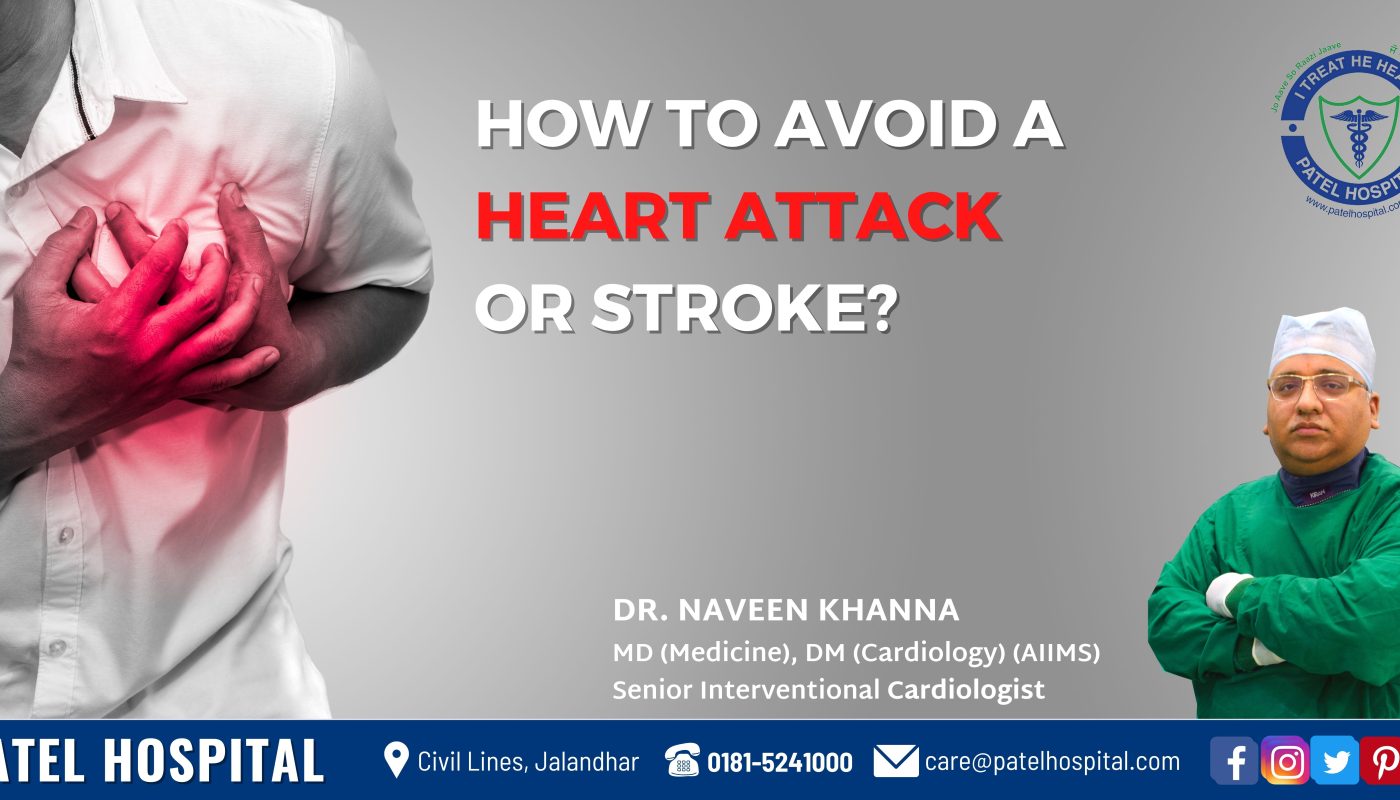Studies show that about 90% of the risk of a heart attack, stroke, or peripheral arterial disease (PAD) can be explained by smoking, abdominal obesity, high blood pressure, raised blood lipid levels, diabetes, poor eating habits, sedentary habits, psychosocial factors, or alcohol. Atherosclerotic cardiovascular disease (CVD), is the condition in which the arteries are clogged up by fatty deposits so that they can no longer supply enough blood to the body. This process is the main cause of heart attacks, strokes, limb ischemia, and sudden death where arteries become completely blocked. Hence the most important method to prevent these conditions is to adopt a healthy lifestyle, quit smoking, and treat the above-mentioned risk factors.
Recommendations are there for healthy adults of all ages, as well as patients with established CVD or diabetes. The estimation of CVD risk is the cornerstone of the guidelines, identifying those who will benefit the most.
- Quitting smoking is potentially the most effective of all preventive measures, with substantial reductions in heart attacks or death. The CVD risk in smokers < 50 years of age is five times higher than in non-smokers. Quitting must be encouraged in all smokers, even passive smoking should be avoided.
- Regular extensive moderate intensity at least 150-250 minutes per week of aerobic physical activity is recommended.
- A healthy diet is recommended for all individuals to prevent CVD. Plant origin foods including whole grains, fruits, vegetables, pulses, and nuts should be encouraged. Restricting alcohol intake to < 60 ml per day is advised. It is recommended to put restrictions on meat intake, particularly processed meat.
- Over-weight and obese people should be encouraged to lose weight to lower blood pressure, blood lipids, and the risk of diabetes, and thereby reduce the likelihood of CVD. Bariatric surgery should be considered for obese individuals at high risk of CVD when a healthy diet and exercise do not result in sustained weight loss.
- Mental disorders such as anxiety and depression are associated with an increased risk of CVD. Referral to psychotherapeutic stress management for patients with CVD and stress is may be considered.
Interventions at the population level are recommended to improve heart health. These include measures to lower air pollution, reduce fossil fuel use, and limit carbon dioxide emissions. Labeling alcohol and packaged food with caloric content and health warnings should be considered.
To Summarize, CVD prevention requires an integrated, approach that puts healthy people and patients at the center and considers other health conditions and environmental factors including air pollution.
Issued in Public Interest by Dr. Naveen Khanna, MD, DM (Cardiology) (AIIMS), Senior Interventional Cardiologist, Patel Hospital, Jalandhar on the occasion of World Heart Day 2021.
For queries. Call 9780521546 / 0181-5241000



